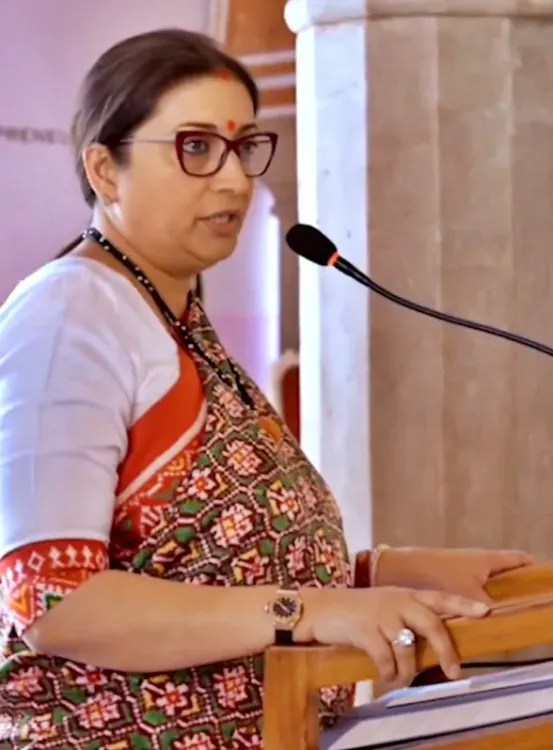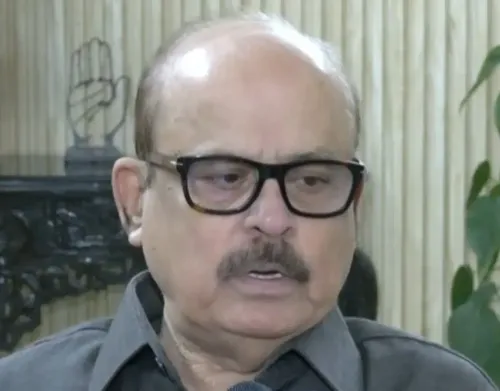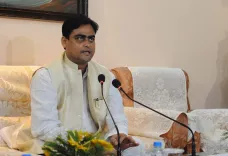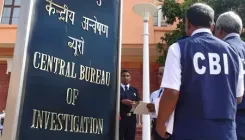Has PM Modi Truly Transformed Anganwadis?

Synopsis
Key Takeaways
- Anganwadis have been modernized through technology and structural changes.
- Over 11 lakh Anganwadis received smart devices.
- More than 10 lakh workers trained to enhance service delivery.
- POSHAN Abhiyaan empowers AWWs with smartphones.
- The AWCC initiative expands childcare services.
New Delhi, June 5 (NationPress) As the Modi government marks 11 years in office, the principle of 'Garib Kalyan' remains central to governance, exemplified by Prime Minister Narendra Modi's frequently repeated mantra of 'Sabka Saath, Sabka Vikas, Sabka Prayas'.
In a significant shift, Anganwadi centres have experienced an upgrade and transformation under Prime Minister Modi, akin to the reforms seen with initiatives like Ujjwala Yojana, DBT, and Jan Dhan Yojana.
Former Union Minister Smriti Irani elaborated on how Anganwadis were considered 'institutions of no relevance' during the UPA governance, contrasting that with their digitization and modernization in the Modi era.
A popular social media outlet, The Modi Story, showcased a video of Irani discussing the stark differences in the approach and governance of Anganwadis between BJP and Congress.
In the video, Irani, who previously served as the Minister for Women and Child Development, highlighted the vast gap between merely claiming to effect change and actually implementing it.
"PM Modi not only talked about modernization but also made it happen. He didn't just refer to revamping outdated methods in Anganwadis; he initiated structural changes that ensured real progress on the ground," she stated.
Expressing concern over the neglect faced by Anganwadi centres during the Congress administration, she noted that despite being in power for many years, Anganwadis were never prioritized.
Irani recalled several initiatives aimed at strengthening Anganwadis, mentioning that over 11 lakh Anganwadis received smart devices and 12 lakh growth monitoring devices, marking a historic first for the nation.
Furthermore, over 10 lakh Anganwadi workers were trained both digitally and through traditional methods, which she described as a true manifestation of turning vision into reality.
Notably, Anganwadi Services are among the flagship programs of the government, providing early childhood care and development for beneficiaries, including children aged 0-6 years, pregnant women, and lactating mothers through an extensive network of Anganwadi workers (AWW) and Helpers (AWH).
Under the POSHAN Abhiyaan initiative, Anganwadi workers (AWWs) have been equipped with smartphones, with a total of 11.03 lakh smartphones procured by various States/UTs.
In a pioneering move this year, the Ministry of Women and Child Development has decided to expand childcare services through Anganwadi cum Creche (AWCC).









